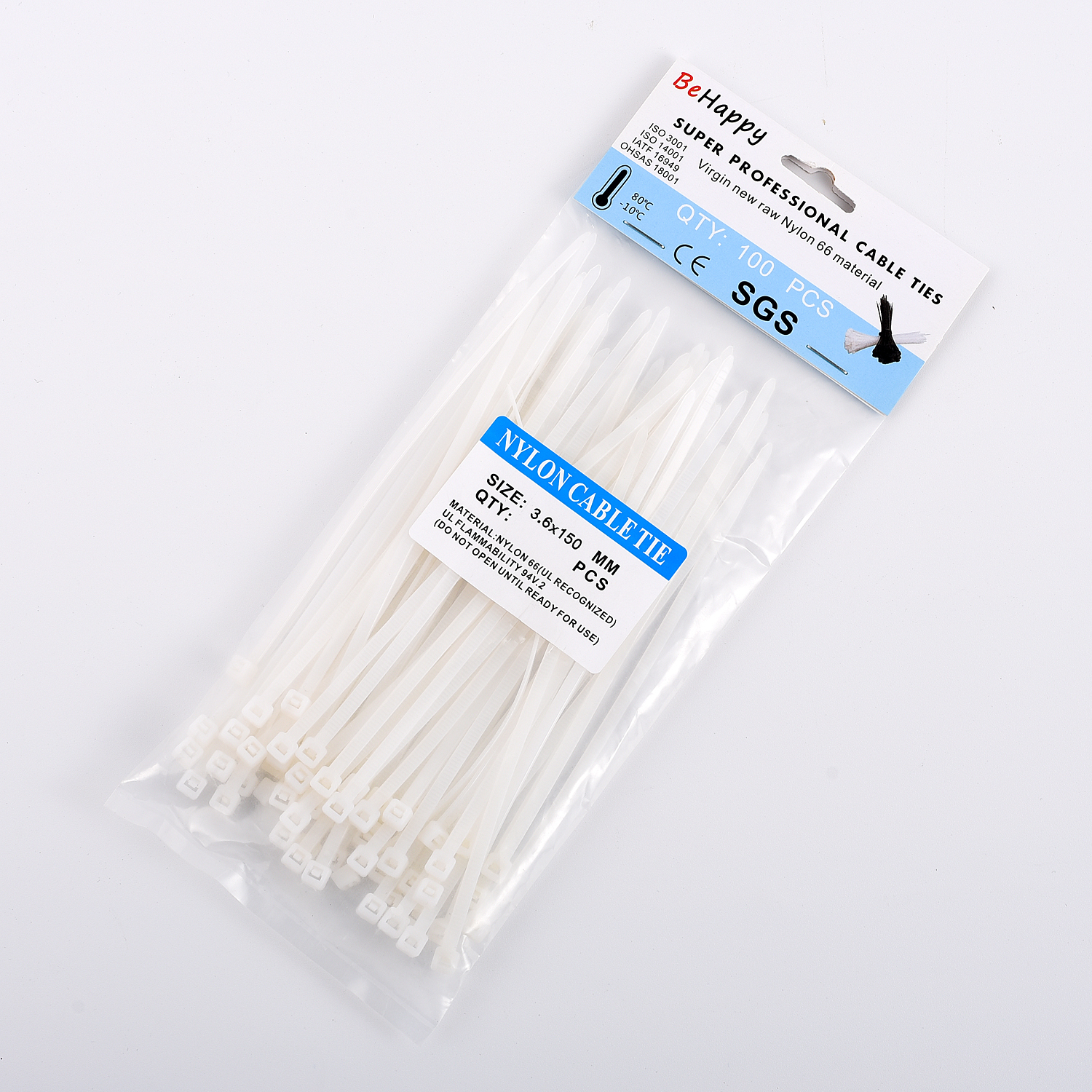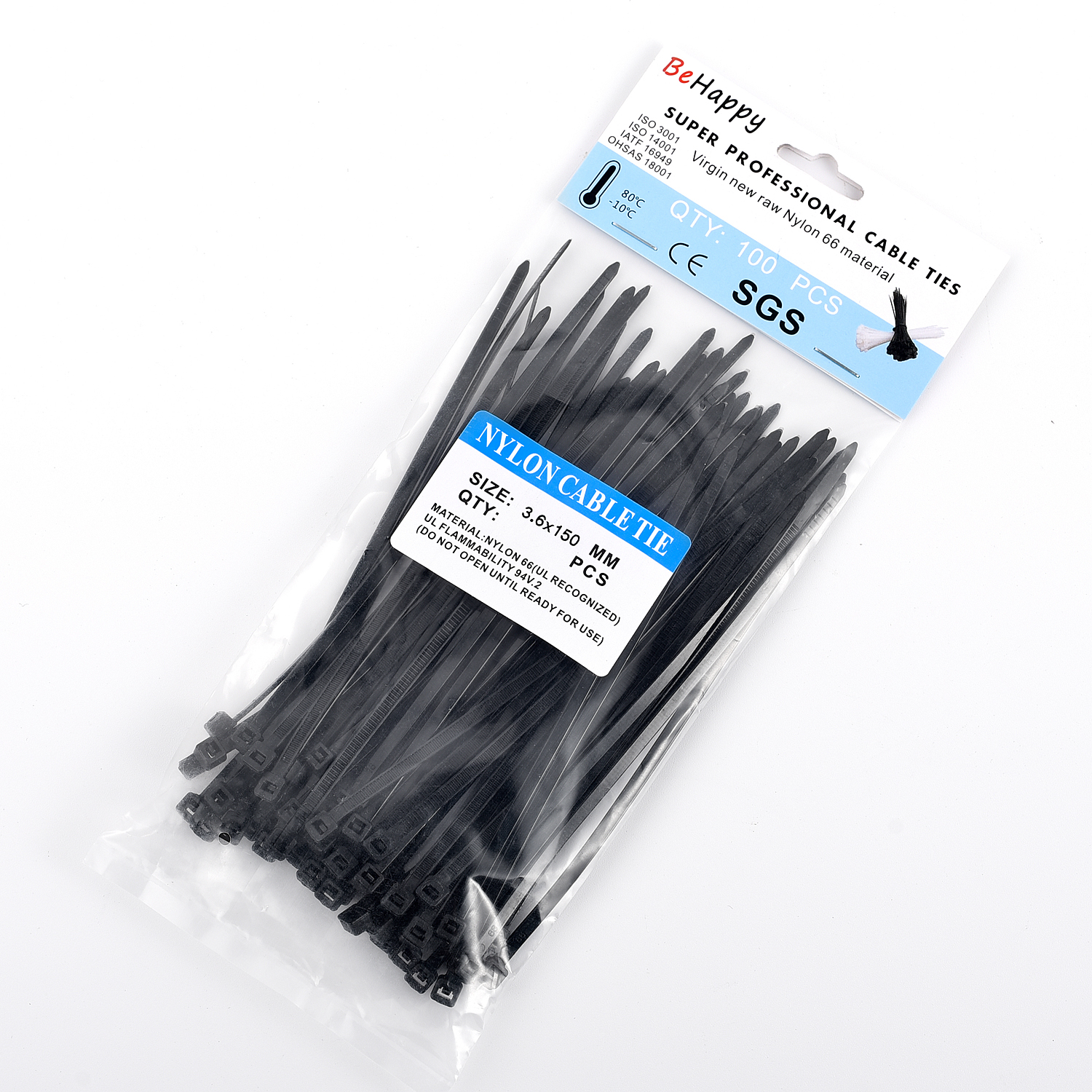2011 China's future development trend of machine tools
The development of machine tools in the future is inseparable from the development needs of the future manufacturing industry. For example, the development of energy, resources, food, medical engineering, communication technology and automotive industries has a great impact on the development of machine tools in the future.
However, as a whole, the future development direction of machine tools must be as follows: to provide overall manufacturing solutions, comprehensive and efficient equipment, and sustainable.
Equipment in industries such as energy, resources, and agricultural machinery are generally large machinery. When processing these equipment, the machine Tool needs higher spindle torque, higher spindle power and larger working space. The specific requirement for the machine tool is to have more custom functions instead of specific machines.
Equipment in the medical engineering, communication technology and other industries are generally small devices. The components of these devices are getting smaller and smaller, the structure is more and more compact, and different cutting environments are required during processing. Sometimes it is necessary to process difficult-to-cut materials such as titanium alloy. Therefore, the processing equipment requires higher precision and rigidity. In terms of specific production requirements, medical engineering (targeted solutions) requires smaller and higher quality. The field of communication technology requires smaller size and higher cost competitiveness.
For the automotive industry, it is generally a highly integrated product that requires integration of various manufacturing technologies in a small space. This requires new processing techniques to process new metal materials, and new processing machinery is needed to process new materials like fiber materials. The requirements of the automotive industry for machine tools are that they can be assembled and assembled in the future using one machine. In terms of machine tool deployment, the machine tool is required to have more processing space and is suitable for mass production.
Looking at the machine requirements of the different types of industries mentioned above, future machine tools should meet the following basic requirements: smaller accuracy errors, reduced energy consumption, shorter processing times, higher overall equipment efficiency and sustainability.
There are different specific requirements for different products: different sizes, a wide range of products, and processing of new materials.
In order to meet the specific requirements of production and take advantage of scale, the economics of machine tools must be changed. The modular customization of machine tools is the future development trend. Customizable functions can improve the economics of machine tools and facilitate large-scale deployment.
In the future, machine tools are not just individual machines, but a holistic solution that can be customized. Therefore, the future development trend of machine tools is a customizable, modular manufacturing and overall solution.
Machine tools as a whole manufacturing solution, including machine tools, tools, clamping devices and the machine itself. In the face of specific production requirements, future machine tools need to improve the efficiency and sustainability of integrated equipment.
In summary, there are two trends in the development of machine tools in the future: to the complete development of the overall manufacturing system to meet the specific requirements of customers; to improve the overall efficiency and sustainability of the equipment.
Future machine tool manufacturing
1. Manufacturing of future machine tool spindles
The following improvements should be made in the manufacture of the crankshaft: grinding instead of grinding; crankshaft special tools; tailor-made clamping devices; modular turning centers.
2. Manufacture of machine tool connectors
The machine tool design has established a number of independent interchangeable components. Modular production allows different components to be replaced according to different production tasks to meet different production requirements. The customizable design facilitates machine tool buyers.
The modular design of the machine tool connector allows the user to customize their production equipment according to specific production tasks, which is more conducive to large-scale deployment and lower production costs.
Cable tie is used to tie things together. According to the material, it can be divided into nylon cable ties, stainless steel cable ties, plastic-sprayed stainless steel cable ties, etc.; according to the function, it can also be divided into ordinary cable ties, retractable cable ties, label cable ties, heavy tension cable tie, etc. The cable tie is made of UL-approved nylon 66 material with a fire rating of 94V-2. It has the characteristics of acid resistance, corrosion resistance, good insulation, resistance to aging, light weight, safety, non-toxicity, and strong durability. Operating temperature is minus 40 to 90 degrees.



Cable Tie,Nylon Cable Tie,Plastic Cable Tie,Pound Zip Cable Ties
Behappy Crafts (suzhou)Co.,Ltd , https://www.craftsbehappy.com